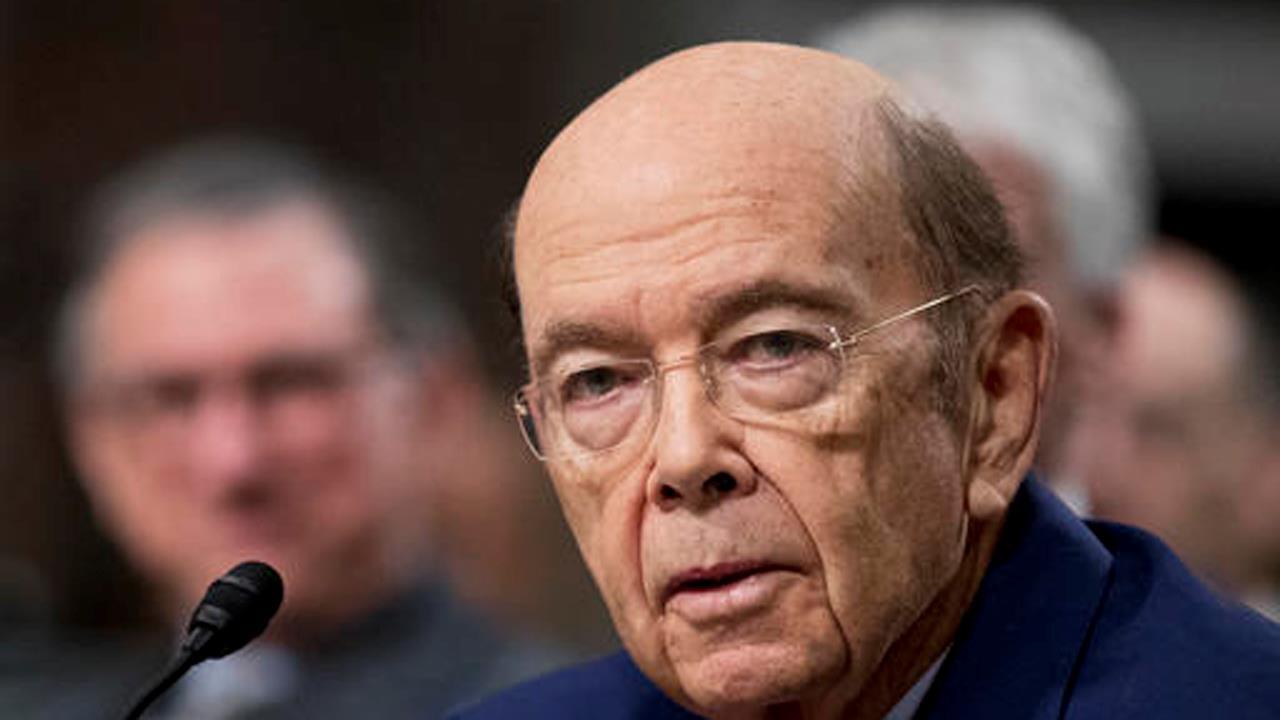US bid to include Mexico reform in NAFTA stalls telecom talks
MEXICO CITY, Nov 27 (Reuters) - A U.S. proposal to enshrine measures targeting Mexican billionaire Carlos Slim's America Movil thwarted NAFTA negotiators' goal to reach a deal on telecommunications issues during the latest talks, according to three sources with knowledge of the matter.
The U.S. proposal would codify Mexico's telecommunications reform in the North America Free Trade Agreement, including a policy to bar America Movil from charging competitors such as AT&T for calls to its network, the sources said.
The policy, a central part of a 2014 effort aimed at loosening Slim's grip on telecommunications in Mexico, was later abandoned by the government after the country's Supreme Court ruled in August that America Movil's interconnection rates should be set by the telecommunications regulator, not legislators.
Slim holds about two-thirds of mobile phone subscriptions in Mexico.
The U.S. proposal, which was made during the fourth round of talks and remained on the table in the latest session in Mexico City, was the main sticking point that kept negotiators from reaching agreement on telecommunications, viewed as a rare area of common ground in tough negotiations, the sources said.
Spokeswomen for AT&T and America Movil declined to comment. A spokeswoman for the U.S. Trade Representative's office also declined to comment.
Mexican negotiators are unwilling to revisit an issue that has already been settled by the Supreme Court, said Mexican Senator Gerardo Flores, who has been briefed on the proposal.
"What Mexico would be willing to capture (in NAFTA) is everything that is in force from the reform," he said.
The court's decision to side with Slim reshaped the landscape for AT&T, which entered Mexico after the telecommunications reform.
Mexican officials perceived the U.S. proposal as an attempt to restore more favorable conditions for AT&T.
"It was a gift from Santa Claus to AT&T," a Mexican official close to the NAFTA talks said.
Mexico was also concerned that the proposal would tie the hands of the regulator, the Federal Institute of Telecommunications, or IFT, the sources said.
Responding to the Supreme Court decision, the IFT earlier this month set new interconnection rates, allowing America Movil to bill about a fourth of what competitors can charge. The rates take effect in 2018.
In addition, Mexican negotiators balked at the form of the U.S. proposal, which was structured as a telecom annex that would apply only to Mexico.
Mexico wants the key principles of the reform to be captured in the main telecom agreement, which would apply to all three countries, Flores said.
The United States "has an interest in trying to lock in, so to speak, some of the reforms in the treaty so they can't be undone later on under a different administration," said Michael Camunez, chief executive of Monarch Global Strategies, which advises firms doing business in Mexico.
"But to get this done requires a negotiating posture that seeks to get to an agreement that benefits all parties, and that's not the posture the U.S. has taken thus far."
(Reporting by Anthony Esposito and Julia Love; Additional reporting by Ana Isabel Martinez; Editing by Peter Cooney)




















